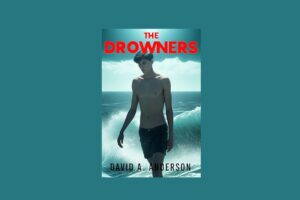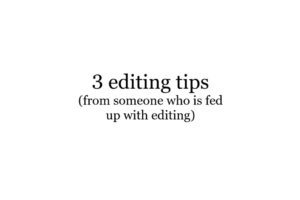The word ‘dystopia’ often inspires an image of hundreds of people stepping in time with one another as a tyrannous dictator shouts out orders. The faces of these people are emotionless, grey and empty.
Yet in fiction emotion plays a significant role in a dystopian society and it is actually integral that all citizens are able express themselves. It is not that the authoritarians want to rid their citizens of their emotions, they simply want to manipulate and harness them to their advantage – which is actually far easier than turning all of humanity into mindless robots.
Nineteen Eighty-Four and A Brave New World are perfect examples of this. In Nineteen Eighty-Four the people of Airstrip One are terrified into detached timidity at the thought of being accused of a crime. However, their pent-up fear and shame needs to be drained from them like pus from a boil before their anger spews in the direction of Big Brother, and thus the Two Minutes Hate becomes a necessity. The people are told that the negative feelings they hold are due to the actions of Emmanuel Goldstein, so not only are they given a target and release for their frustrations but their love and trust in Big Brother is also reinforced.
In A Brave New World the citizens crave social acceptance above all else. Society thus becomes it’s own self-sustaining dystopia, and the only way this cycle can continue without eating itself is with the planned orgies and other such enforced ‘rules’ that make it appear as though there is a regulated escape from societal pressures. Again, these positive ‘breaks’ from the dystopian rule enforce its strength, proving that emotion can and must play a part in a prolonged dictatorship.
In The Children of Men the dystopian situation is entirely organic as Xan gains power over the publics’ emotions by playing on ther weakness following a naturally occurring disaster. As infertility becomes a widespread issue, the world descends into a state of grief, making them far easier to control. They are quick to influence particularly when Xan presses them about their sense of duty (to repopulate) and guilt (for the lack of procreation).
This form of power and control is incredibly prevalent in real life, particularly in regards to the media. The UK tabloids often operate emotive control on their readers regarding issues on immigration, pedophilia and legal injustices, making them an incredibly powerful tool when it comes to the democratic state of the country. Although we are not living in a dystopia, North Korea arguably is, and their media is used in a similar fashion.
To read more on the media’s influence over democracy, click here to be taken to an article on the LSE website.



Leave a Reply